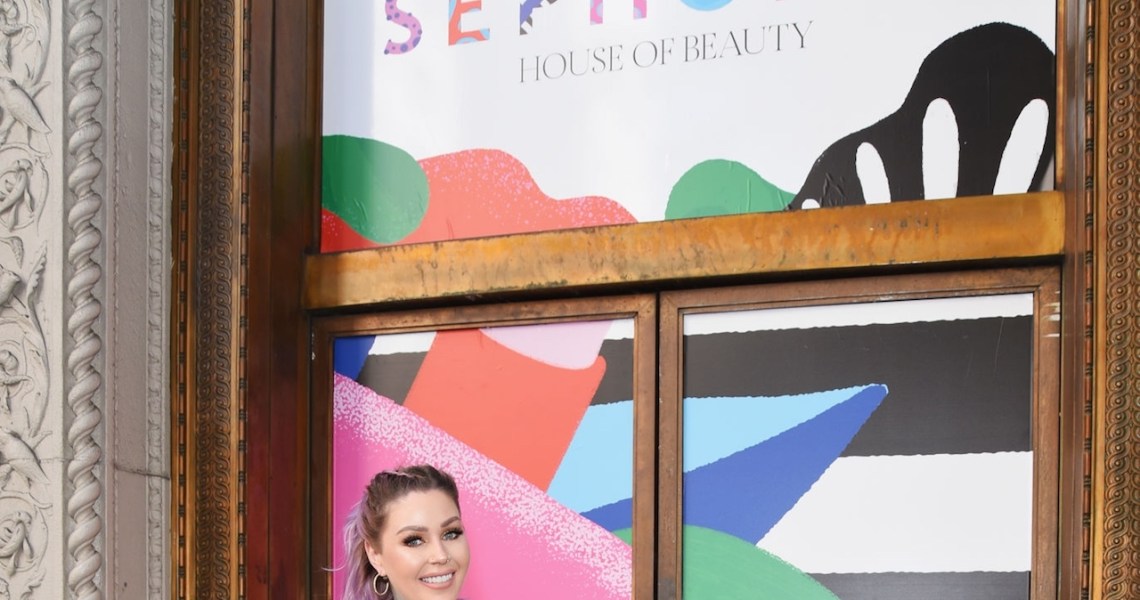When Sephora announced it was moving into the beauty festival space last year, industry insiders, consumers and brands expected the experiential beauty segment to get more fragmented. The category was previously dominated by mainstays like Beautycon and subscription service Ipsy, and those companies had become increasingly invested in community and commerce. Though Sephora was the first beauty retailer to enter the festival circuit in the U.S., others have followed, namely QVC.
“Sephoria was an opportunity,” said Deborah Yeh, Sephora chief marketing officer. “It was about bringing all of the best of Sephora and concentrating that down to a two-day event. What we saw was that those experiential moments were met a with huge demand.”
Last year, Sephoria attracted 4,500-plus attendees, and with more flexible ticket prices for 2019 — $80 for general admission and $350 for VIP entrance (versus 2018’s bronze at $99, silver at $249 and gold at $449) — Sephora is expecting more festival-goers, more dollars and more awareness.
Yeh shared what has worked for Sephoria, why the festival is evolving beyond color cosmetics and what her plans are to take the show on the road.
Access to beauty brands and founders, like Charlotte Tilbury and Tatcha’s Vicky Tsai, were one of the big draws of Sephoria year one; what else resonated for consumers?
We are double-clicking on services. We actually saw that services were one of the highest-rated experiences consumers responded to. That included everything from dry-styling to makeovers. We are bringing in more opportunities for people to have more of that real one-on-one time. It mimicked what we do in our store environments, and so we brought in hundreds of beauty advisers from our stores, and with the educators and staff from our brands, it felt intimate. Clients felt pampered, pretty and not rushed.
How is what Sephora does from a product perspective different from some of the other festivals?
One of Sephora’s advantages is bringing forward brands that customers have an existing relationship with, as well as brands they have yet to discover. At Sephoria, we can dive into those brand stories, which have become so important to the customer, in a fresh and relevant way. We are amplifying the number of brands. By my last count, there are more than 35 new brands that didn’t participate last year. It is going to be a huge moment for discovery.
How do brands outside of the color cosmetics category make an impact?
Skin care is trending in our business overall. There are tons of conversations happening on social and in our online community about beauty being holistic, so it’s not just about getting that perfect selfie, but it needs to be more about wellness and taking care of yourself. You are going to see a lot of skin-care brands at Sephoria, such as some that are emerging like Dr. Barbara Sturm, which is just hitting stores, and cool, clean brands like Farmacy. There is a tip toward skin care, and also wellness with brands like Moon Juice, even hair — Amika is going to be present and so is Dyson. It’s reflective of where beauty is going, which is total beauty. Color is still important, and attendees are going to see brands like Lawless and Kaja, which are brands that the Sephora team has really been in the kitchen with, from product vision to them being brought to life at retail. Sephoria will definitely put a spotlight on these kinds of incubation brands.
Ad position: web_incontent_pos1
To what extent is unifying all of Sephora’s initiatives at Sephoria important to the overall business and strategy?
We see Sephoria as our house of beauty. Now that we’ve established Sephora Squad [the retailers’ group of incubated influencers] we are making Sephoria the first time that the entire squad will be together and on-site, throughout the weekend. Some of the squad members, like influencers Ashley Quiroz and Shalom Blac, will have their own meet-and-greets, and more casual meet-ups with all of the Squad will happen in a place called our community cafe. Opportunities for Sephora’s online Beauty Insider Community [which hosts 46 groups, such as Skincare Aware, with nearly 402,000 members, and Everything Eyes, with 207,000 members] were spontaneous last year, and now we are being considered. We have dedicated spaces so these beauty lovers can meet — many of them know each other virtually and want to see each other in real life and build on that connection.
Many of the programs that we’ve discussed other companies are trying to gain a foothold in. How do you stand out?
We are playing to our strengths. Community is huge for us, because we aren’t bringing together a number of brands that we do not have a pre-existing relationship with. We have been working with these partners for a very long time and have made our success integral to theirs. Even our clients are known to us because they have been shopping with us and coming to our stores for years. We think of Sephoria as a meaningful sub-brand and are extracting various elements as we look forward. In Houston, we had masterclass elements with Vicky at Tatcha, and [we featured] Hector Espinal of Fenty Beauty in San Francisco. Sephora is the hub, and Sephoria is the spoke.




